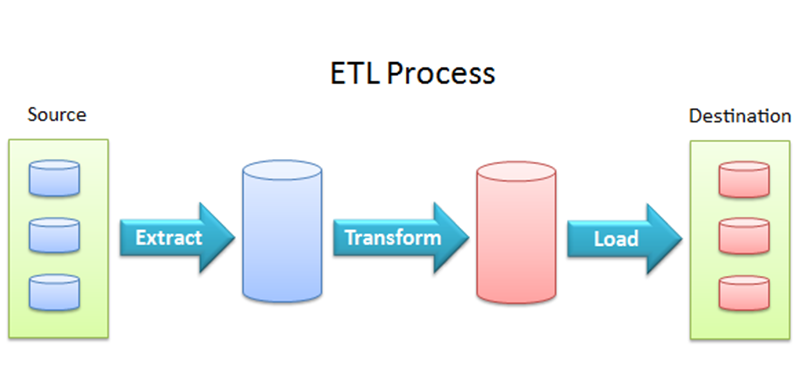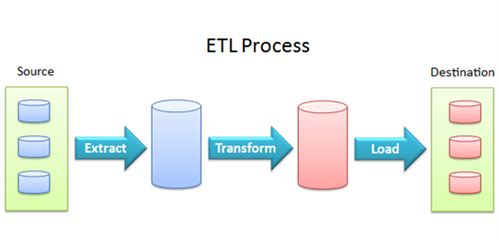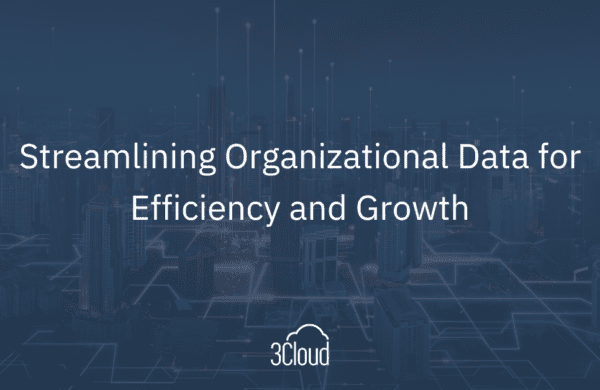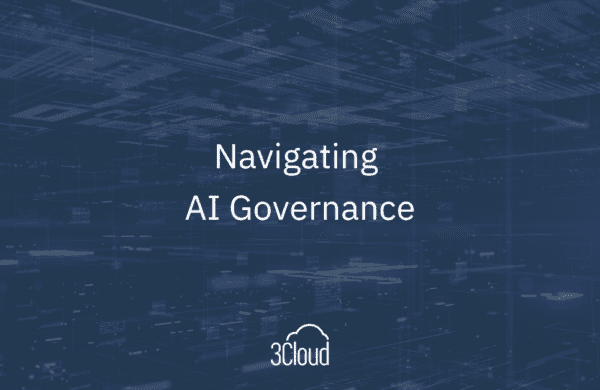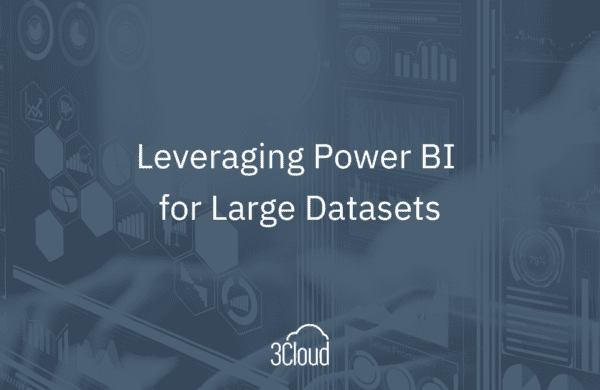Information is Necessary to Make Decisions
Making decisions is embedded in the fabric of human nature. Whether making a straightforward or difficult decision, information is needed to influence the decision to achieve an appropriate outcome. For instance, deciding whether to give someone a bonus can be a matter of reviewing quarterly numbers and basing the decision on that. However, making a complex decision, such as deciding to reinvent a strategic plan to better position your business in an aggressive market, will require a collection of data to understand your options.
Business intelligence (BI) can provide the assistance an organization needs to support strategic and tactical decision-making processes by answering the following questions:
- What happened?
- When?
- Who?
- How many?
Why is Business Intelligence Important?
Technology is the driving force behind business intelligence for analyzing data and presenting the information in a way that helps end users make informed decisions.
Business intelligence can be used in several different ways. Here are a few potential benefits of business intelligence:
- Accelerate decision-making
- Optimize internal processes
- Improve operational efficiency
- Discover competitive advantages over competitors
- Identify business problems
Basic Components of Business Intelligence
Business intelligence tools streamline the effort to gather for, consolidate and query the data to obtain information decisions makers need access to. Information produced by companies are usually collected and stored in considerable amounts of raw data. Raw, meaning data that has not been processed for use. Data generated by organizations can come from many sources; customer surveys, transaction details, delivery statistics, etc.
To help businesses harness the power of data, business intelligence utilizes methods and software analytics. Here we will only highlight a few points on two components of business intelligence; data warehouse and ETL.
Data Warehouse
Data Warehouse Basics
- A repository of consolidated historical data available for analysis
- Is a database that is kept separate from an operational database
- Data warehouse is not updated regularly, whereas an operational database is
- Queries are complex and present a general form of data
Data Warehouse Features
- Subject oriented
- Provides information around a subject rather than ongoing operations
- Focuses on modelling and analysis of data for decision making
- Time Variant
- Data is identified with a specific time-period
- Provides historical view point
- Stable Environment
- Data is not replaced when new data is collected
- Not impacted by new operational database
- Integrated
- Is constructed by an integration of data from a variety of different sources such as flat files, relational databases, etc.
- Improves the effectiveness of data analysis
ETL (Extract, Transform, and Load)
ETL Basics
- Extract, transform and load are three database functions combined into one tool to extract data from one database and place it into another database
- Interprets and transforms structured and unstructured data into meaningful information
- Extracts data from different source systems such as CSV, JSON, etc.
- Transforms data by applying rules to deliver the data in a general format
- Loads transformed data into a target data warehouse system in the form of dimensions and fact tables (Lane et al., 2005)
ETL Features
Extract
- Process of collecting data from various source systems
Transform
- Process of converting data from its original form into a form recognizable by the database the information will be loaded into
- Data is transformed by applying rules, combining data or lookup tables
Load
- The process of writing data (moving) into the target database
Take the Guessing out of Making Decisions
Business intelligence applies a variety of technological tools to help transform data into actionable intelligence. Experts at Convergence Consulting Group can minimize the guessing in making important decisions and transform data into meaningful and valuable information to help organizations make informative decisions.
For more information on how to implement BI into your organization contact a data expert today.
Resources
Lane, P., Schupmann, V., & Stuart, I. (2005, December). Oracle Database [PDF]. Redwood City: Oracle.

